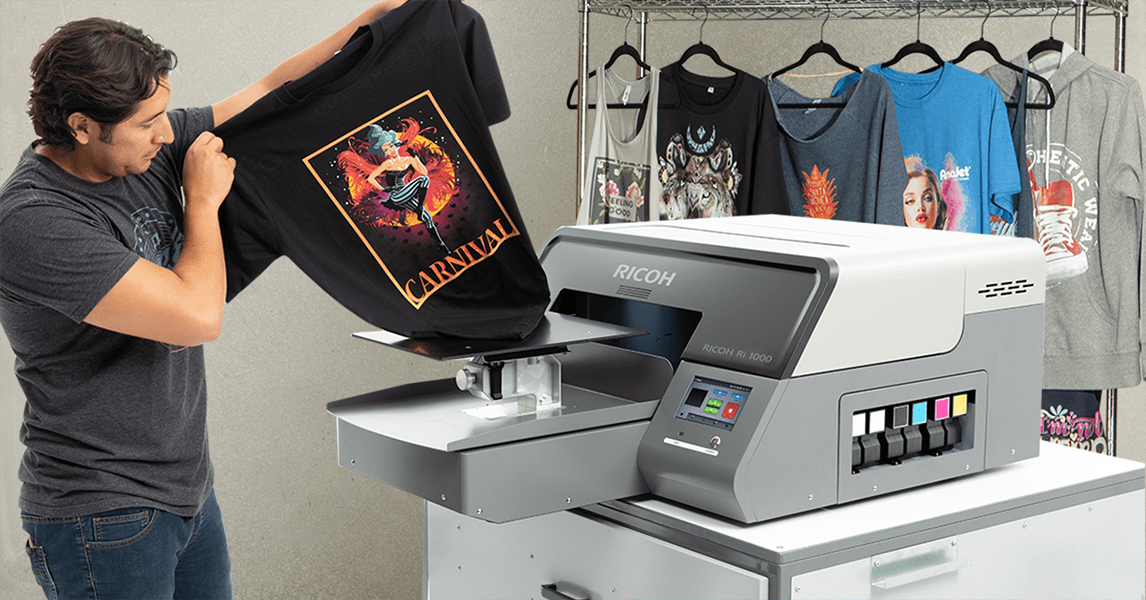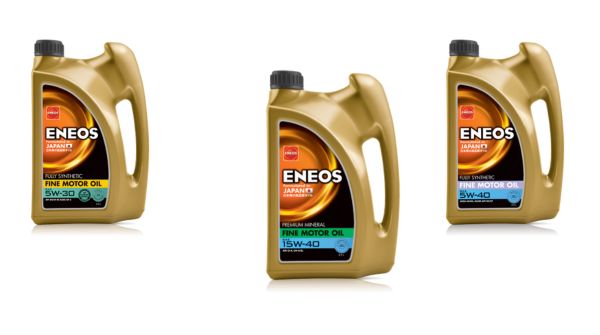
Printers Used for Custom T-Shirt Printing
Custom T-shirt printing has become increasingly popular, allowing individuals and businesses to express creativity, brand identity, or personal messages through wearable art. Whether you’re an entrepreneur looking to start a custom T-shirt business or an individual interested in printing your designs, understanding the different types of printers used in this process is crucial. This article explores the various printers that we use for custom T-shirt printing in Dallas, each with its unique advantages, methods, and suitable applications.
Direct-to-Garment (DTG) Printers
High-quality, full-color prints straight onto fabric have been offered by direct-to-garment (DTG) printers, which have transformed the custom T-shirt printing market. DTG printers work similarly to standard inkjet printers, but they are designed specifically for textiles. They use specialized water-based inks that bond with the fibers of the fabric, resulting in vibrant, detailed prints that are soft to the touch.
Advantages:
- High Detail and Color Range: DTG printers are capable of producing intricate designs with a wide range of colors, including gradients and photographic images.
- No Minimum Orders: Since there is no need for setup, DTG printing is ideal for small orders or one-off designs.
- Quick Turnaround: The process is relatively fast, making it suitable for on-demand printing services.
Applications: DTG printers are best for businesses that offer personalized T-shirt designs, where customers may want to print photos, complex graphics, or designs with multiple colors. They are also great for small runs, promotional products, and niche markets.
Screen Printing Machines
Screen printing is one of the oldest and most widely used methods for custom T-shirt printing. The process involves creating a stencil (or screen) for each color in the design and then using a squeegee to push ink through the screen onto the fabric.
Advantages:
- Cost-Effective for Bulk Orders: Screen printing is highly cost-effective for large orders since the setup is the most labor-intensive part. Once the screens are made, the printing process is quick and economical.
- Durable Prints: The inks used in screen printing are thick and durable, making them resistant to fading and cracking.
- Vibrant Colors: Screen printing inks are highly pigmented, which results in bold, vibrant colors that stand out on the fabric.
Applications: Screen printing is ideal for bulk orders, such as company uniforms, event merchandise, or promotional giveaways. It’s also well-suited for designs with solid colors and simple graphics, such as logos or text-based designs.
Sublimation Printers
Sublimation printing is a process where heat is used to transfer dye onto materials like polyester. Sublimation printers use special sublimation inks that turn into gas when heated and bond with the fabric, resulting in a print that is embedded into the fibers rather than sitting on top.
Advantages:
- Permanent Prints: Since the dye becomes part of the fabric, sublimation prints are permanent and won’t crack, peel, or fade.
- Full-Color Designs: Sublimation allows for full-color designs with a continuous tone, making it ideal for complex, photographic images.
- Soft Finish: The print is part of the fabric, so it doesn’t add any texture or thickness, resulting in a smooth and comfortable feel.
Applications: Sublimation printers are perfect for printing on polyester T-shirts or garments with a high polyester content. They are commonly used for sportswear, custom team jerseys, and garments where vibrant, all-over prints are desired.
Heat Transfer Printers
Heat transfer printing involves printing a design onto a special transfer paper and then using heat and pressure to transfer the design onto the T-shirt. There are two main types of heat transfer printing: vinyl cutting and digital heat transfer.
Advantages:
- Versatility: Heat transfer printing can be done on a variety of fabrics, including cotton, polyester, and blends. It’s also suitable for printing on dark fabrics.
- Customization: This method allows for a high degree of customization, making it ideal for personalized designs, names, numbers, and small batches.
- Ease of Use: The equipment required for heat transfer printing is relatively inexpensive and easy to use, making it accessible for small businesses and hobbyists.
Applications: Heat transfer printers are ideal for small businesses, custom orders, and personalized T-shirts. They are especially popular for creating custom sportswear, promotional items, and novelty T-shirts.
Embroidery Machines
While not a traditional printing method, embroidery is a popular technique for adding custom designs to T-shirts. Modern embroidery machines are computerized, allowing for detailed and intricate designs to be stitched directly onto fabric.
Advantages:
- High-Quality Finish: Embroidery offers a high-end, professional finish that is durable and long-lasting.
- Texture and Depth: Embroidery adds texture and dimension to the design, giving it a premium feel.
- Durability: Embroidered patterns never fade or wear out, and they last a very long time.
Applications: Embroidery is best suited for logos, monograms, and designs that benefit from a textured look. It’s commonly used in corporate apparel, uniforms, and high-end custom T-shirts.
Conclusion
Choosing the right printer for custom T-shirt printing depends on your specific needs, budget, and the type of designs you plan to create. Direct-to-Garment printers are perfect for high-detail, multi-color designs, while screen printing is ideal for bulk orders with simple graphics. Sublimation printers offer vibrant, permanent prints for polyester garments, and heat transfer printers provide versatility and customization options. For a premium, textured finish, embroidery machines are the way to go. By understanding the strengths and applications of each method, you can select the best printer for your custom T-shirt printing business or personal projects.


